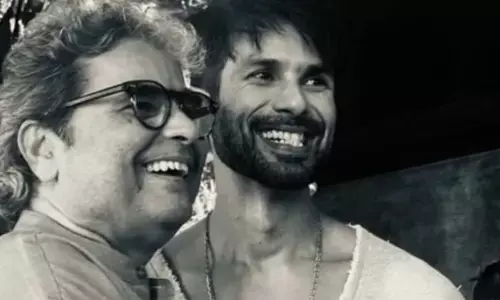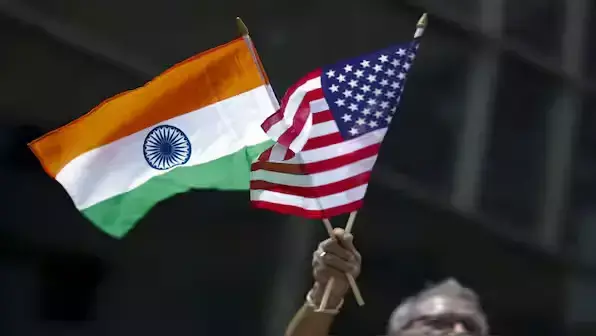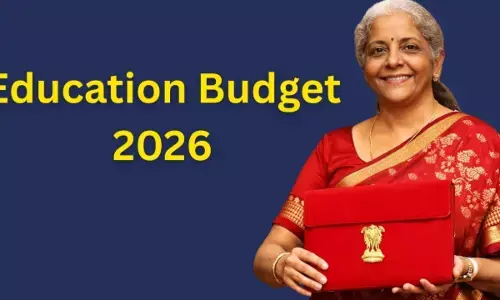Supreme Court verdict on national anthem bad in law

It may not be entirely coincidental that on the day Donald Trump decreed that those who burn the Star and Stripes in the US will face \"consequences,\" the Indian Supreme Court laid down that the national anthem must be played at the beginning of every show in cinema halls.
An egregious display of nationalism is associated with fascism and is shunned by mature democracies. Just as an accused is deemed innocent till proven guilty, a citizen's devotion to the nation has to be taken for granted and not tested behind closed doors at every cinema show
It may not be entirely coincidental that on the day Donald Trump decreed that those who burn the Star and Stripes in the US will face "consequences," the Indian Supreme Court laid down that the national anthem must be played at the beginning of every show in cinema halls.
Not only that, the doors must be shut during this display of loyalty to the nation. The diktat is not without reason. If it is played at the end, then there is the possibility of people leaving their seats and crowding near the closed doors.
A similar order was passed at the time of the Chinese invasion in 1962 to instill love for the motherland. Since the anthem was played at the end of the show and the doors remained open, the government noted after a few weeks that the cinema-goers were walking out.
So the practice of playing the anthem was stopped to ensure that no overt, though inadvertent, disrespect could be shown. It is not known whether there will be a similar realisation this time about the folly of inducing compulsive patriotism.
But the judicial initiative is not unusual at a time of uber-nationalism. Mercifully, India hasn't yet seen the kind of ugly racism which currently threatens perceived outsiders in Europe and the US even if they are citizens. The immigrants are, of course, in greater danger from the white bigots.
But there have also been signs of intolerance of dissent in India with the charge of sedition being readily levied against suspects which induced a number of writers, filmmakers, historians, scientists and others returning their Sahitya Akademi and other awards.
Not long ago, the Bharatiya Janata Party (BJP) stalwarts argued that those who did not chant, Bharat Mata ki Jai had no right to live in the country. Now, unsurprisingly, the party has been first to get off the block to support the Supreme Court's verdict.
The idea of wearing patriotism on one's sleeves to avoid being labelled disloyal is unsuitable in a democracy. It demeans the individual by designating the person as a suspect. It also opens the gateway to vigilantism under which self-appointed xenophobes take it upon themselves to impose what they regard as the law on hapless targets.
Till now, there have been instances of parochial elements at the state-level attacking the people from other provinces. Now, the issue of the national anthem will be yet another grist to the mill of the chauvinists. It is for this reason that an egregious display of nationalism is associated with fascism and is shunned by mature democracies.
Besides, it is obvious that the judicial directive will not be easy to implement. What if someone refuses to stand up although he or she is "duty-bound" to do so, as the order says? Who will enforce this "duty"? And what will be the punishment for the offender? There are clearly far too many flaws in the judgement, which is why it has been called bad in law.
There is little doubt that those who oppose the judgement will be placed in the category of the so-called deracinated, English-speaking Left-Liberals who have been selected for vilification by the saffron camp ever since the BJP government assumed office at the Centre.
However, the difference between the world's oldest and the largest democracy can be seen in the US Supreme Court's approval of the act of burning the national flag in accordance with the First Amendment of the US constitution, which allows, inter alia, the people to "peaceably assemble and to petition the government for a redress of grievances". The judiciary has interpreted flag-burning as a means of expressing grievance.
In Britain, the use of the colours of the Union Jack on underpants and socks is not uncommon, showing that squeamishness is not necessarily an attribute of loyalty. Just as an accused is deemed innocent till proven guilty, a citizen's devotion to the nation has to be taken for granted and not tested behind closed doors at every cinema show.
By Amulya Ganguli










